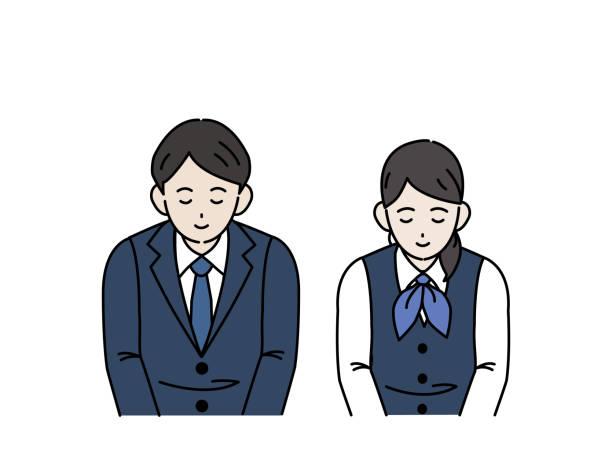
(article-listicle)
Japan is a country with a specific culture, tradition, and mentality. The Japanese people are highly hard-working, respectful, and full of patience. But not only because of their flowering lands, this country is famous for colorful events, pretty landscapes, eternal unity with Nature, for the high quality of work, for strict rules and manners, which are vital. If you don`t know how to act properly, neither ordinary Japanese people, nor business companies will see the potential in with you.
So here are some tips to help you navigate Japanese business culture with no fear of being called as a so-called “burai”*:
- Bowing: Bowing is a common form of greeting in Japan. For us it may seem a little bit awkward, yet it’s important to bow when meeting someone, and the depth of the bow may vary depending on the situation. For example, the slight nod is okay for casual life, while a deeper bow is appropriate in more formal situations.
- Business Cards (or Meishi): Exchange business cards with a bow upon meeting. Present your card with both hands and receive the other person’s card respectfully. Take a moment to read the card before putting it away. The card ought to be on your table till the end of the meeting.
- Titles and Names: Use titles, such as “san”, when addressing someone. For example, “Ryunosuke-san” is a respectful way to address Mr. Ryunosuke. While greeting, Japanese people commonly say their last name first, and then their first name. Avoid using first names without permission – it`s highly impolite and disrespectful unless you are a friend or relative.
- Dress Code: Dress in dark, neutral colours such as black or grey. Men typically wear suits and ties, while women wear conservative business attire. Avoid being bright and too colourful. Also, you should say “no” to casual and informal clothes.
- Punctuality: Being on time is essential in Japanese business culture. Arriving a few minutes early is a gesture of politeness that could describe you as a reliable person for your business partners.
- Meetings and Communication: Be respectful and polite. Listen actively and avoid interrupting others. While speaking, use a calm and measured tone and avoid aggressive or confrontational language. Decision-making in Japan often involves consensus-building, so be patient and don’t rush the process.
- Language: While many Japanese businesspeople understand English, it’s a good idea to learn some basic Japanese phrases and greetings as a sign of respect. Having an interpreter can also be helpful.
- Respect for Hierarchy: Japanese business culture places a strong emphasis on hierarchy and seniority. It`s vital to show respect to your seniors and superiors in the organization.
- Keep in touch: After a meeting or interaction, send a thank-you note or email to express your gratitude and reiterate your interest in the business relationship.
These rules could help you to be with Japanese people at the same wavelengths and not to be a bright spot among them. Japanese business etiquette is not just a word, it`s the whole new world, so stay calm, be polite and wish you successful business deals with your Japanese partners!
*Burai (無礼)– a word that means rude person with lack of manners in Japanese.

























































Залишити відповідь